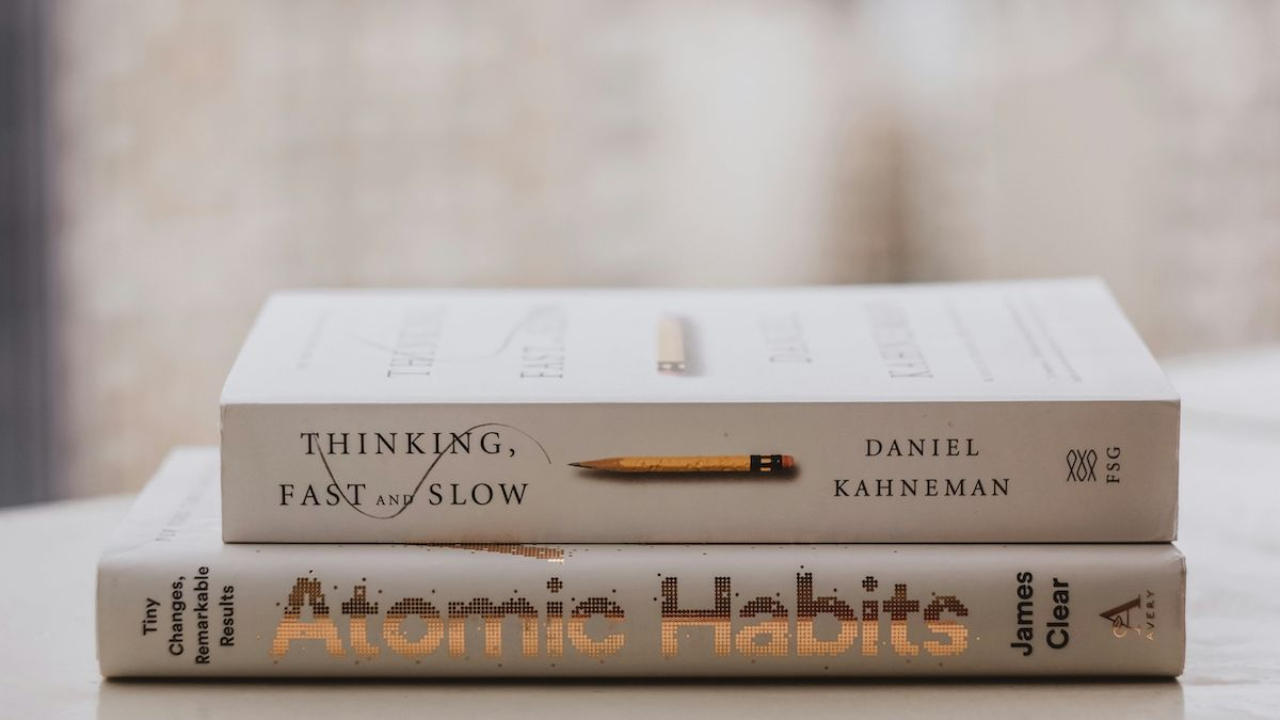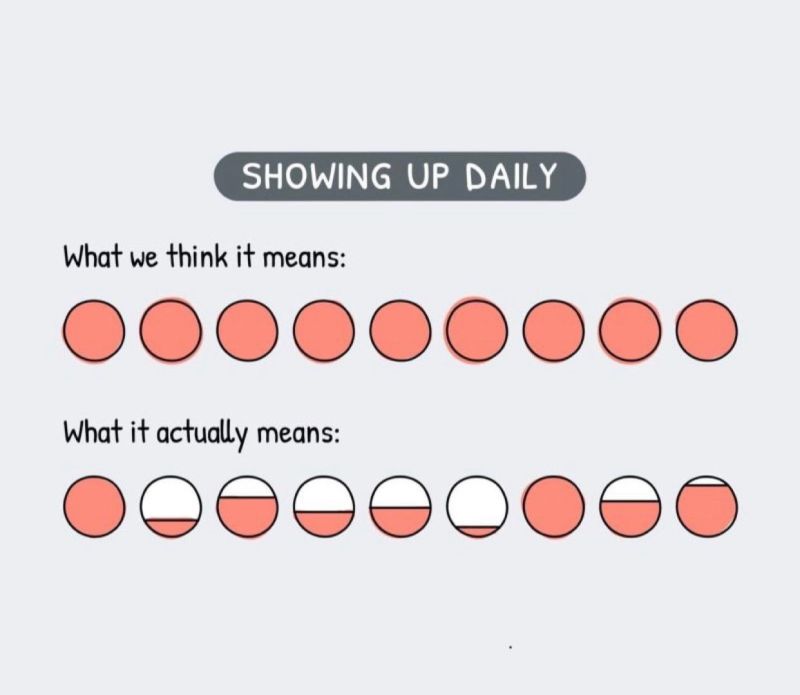How to Improve Your Approach To Your Habits To Get Better Results

Do you find yourself constantly putting pressure on yourself to develop and/or be consistent with your habits?
It can be hard to juggle habits when productivity and self-improvement often go hand in hand. Many of us find ourselves in a constant cycle of starting, maintaining, and sometimes abandoning habits, all under the pressure of expectations. But what if there's a gentler approach to bettering your habits—one that emphasizes trust in ourselves and the evolving nature of our needs?
Imagine waking up each day completely trusting the habits you've chosen to grow. This is what we all want: habits that serve us, that align with our current circumstances, and that evolve as we do. For those deeply entrenched in the science and practice of habits, like myself, it's easy to become enamored with the idea of mastering and perfecting our habits. Yet, as I've discovered in my own journey, even well-established habits can become burdensome if we don't take time to reevaluate them from time to time.
Recognizing the Need for Change
I've made habits one of my expertise years ago when I became certified as a high-performance coach—understanding their psychology, formation, and impact on daily life. However, as life shifts and priorities change, so do our habits! It was during a period of self-reflection that I realized some of my once cherished habits were no longer serving me. This realization wasn't a failure but rather a testament to my growth and evolving awareness.
And then I thought, I bet others need to hear this too.
Trusting Your Inner Wisdom
Learning to trust yourself is key to navigating the ebb and flow of habit formation. It's about tuning in to what you genuinely need each day and honoring those needs with compassion and flexibility. This approach doesn't dismiss the importance of habits but rather reframes them as tools that should adapt to support your current reality. Trusting yourself means being open to starting new habits that help you grow and letting go of those that no longer resonate.
Keep reading for a practical formula that promises not just productivity but freedom—the ABC Formula of Daily Habits.
Understanding the ABC Formula
Inspired by Sahil Bloom and further explored in a podcast hosted by Codie Sanchez, the ABC formula reframes how we approach habit formation. It's not just about setting rigid routines but rather creating flexible frameworks that adapt to your life. Here's how it works:
-
-
A is the Best Level Habit: This is the level where you're firing on all cylinders. It's what you do when you're at your best, full of energy, and ready to tackle the world. It represents your highest potential output for the day. It's not sustainable to be at this level every single day.
-
B is the Better Level Habit: This level is a step down from your aspirational best but still represents a solid effort. It's not your peak, but it's more than just getting by. It’s what you aim for on a normal day.
-
C is the Good Level Habit: This is the baseline habit that you commit to doing no matter how you feel. It's the minimum you can do to ensure you're still progressing towards your goals, suitable for your toughest days.
On days when you feel great, you hit your A Goal. On days when you feel ok (most days!), you hit your B Goal. On days when you feel bad, you hit your C Goal. The ABC Goal System removes any intimidation or guilt: As long as you hit your C Goal, you're making forward progress.
This structured approach helps manage daily expectations and ensures that even on less motivated days, you have a clear and attainable goal that keeps you moving forward.
-
Applying the Formula in Practice
Whether you're applying this to personal or professional goals, the ABC formula provides a structured approach to achieving results. It encourages setting realistic expectations while allowing room for growth and adaptation—a crucial aspect often overlooked in traditional habit-forming methodologies.

Conclusion
As we journey through life, our relationship with habits evolves. It's not about rigid structure but rather about creating a dynamic relationship between structure and flexibility. The flexibility is brought on by continuing to show up but not requiring a daily A-level approach to habits. By waking up to our lives—by truly seeing and honoring our evolving needs—we empower ourselves to build habits that bring the best into our lives.

